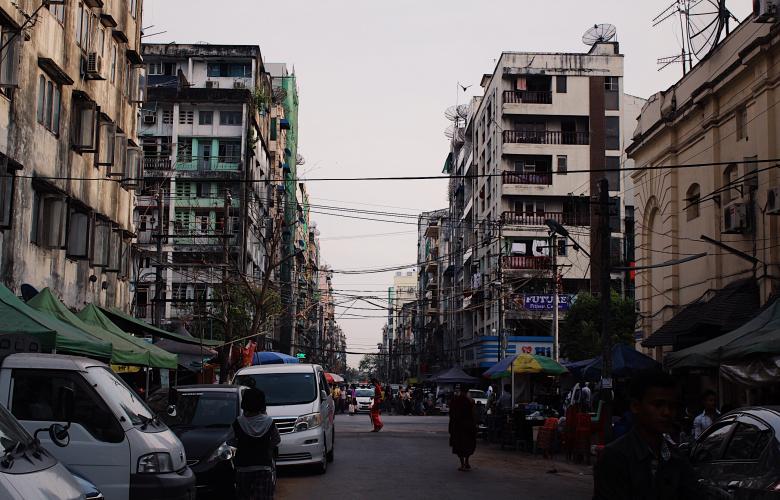What are the effects of the Tax Amnesty fallout on Myanmar's property market?
Contact
What are the effects of the Tax Amnesty fallout on Myanmar's property market?
Rejection of Tax Amnesty scheme sparks discussion over the potential effects on Myanmar's property market.
Myanmar real estate agents report the property market has slowed in recent weeks after Parliament ommitted a tax amnesty clause from the 2018 Union Tax Law. If enacted, the bill would have allowed holders of previously undeclared income to bring their money back into the economy at a tax rate of just 3% for the first six months.
The current tax rate, introduced in 2016, on sources of undisclosed income is 15-30% depending on the various property values. Since that time, Myanmar's property market has slowed. As a result, the demand for properties above K300 lakh has reduced substantially in the last two years.
The government's original proposal was that all resident and non-resident citizens with undisclosed sources of income on which tax was previously unpaid or underpaid, would be subject to a reduced income tax rate of 3% within the first six months, and 5% if declared during the next six months of the fiscal year.
The Joint Bill Committee stated that the tax amnesty was rejected, primarily, due to a lack of punishment for those who declared undisclosed income tax after the tax amnesty period while those who did the right thing and paid their tax on time were penalised with a higher rate.
Property agent U Wunna Soe from Pho La Min Real Estate Agency explains the primary cause for concern regarding the effects of the dashed bill on Myanmar's property market, saying "the real estate sector had hoped the market would become active again with the influx of funds back into the economy." U Wunna Soe goes on to explain the vital role the tax would have played in boosting Myanmar's economy, "there has to be tax. Tax is essential for the country's development, but the tax law must be fair for every citizen in order for it to work effectively."
According to the approved Union Tax Law, undisclosed sources of income will be subject to a maximum income tax rate of 30%.
Current stipulations regarding the source of income state that if the citizen or resident can disclose the source of income used for buying, constructing, acquiring assets, establishing or expanding business, the portion of income that can be proved will be deducted from the total undisclosed income. The undisclosed income will then be taxed at progressive rates:
- 15% for income up to K300 lakh
- 20% for income between K300 lakh and K1000 lakh
- 30% for income above K1000 lakh.
Under the newly approved law, a total of K2.8 trillion in tax revenues is expected. Income tax alone will comprise K863 billion from the total. Commercial taxes, customs duties, special commodities tax, and taxes from the oil, gas and telecommunications sectors will contribute to the remainder.
The new fiscal year will begin from October 1, and the tax year will remain unchanged from April 1 to March 31, 2019.
Source: PWC, Myanmar Times; U Wunna Soe, Founder and CEO of Pho La Min Real Estate & General Services
Similar to this:
Improving Myanmar’s Condominium Law
Public private partnerships expected to meet Myanmar's affordable housing needs







